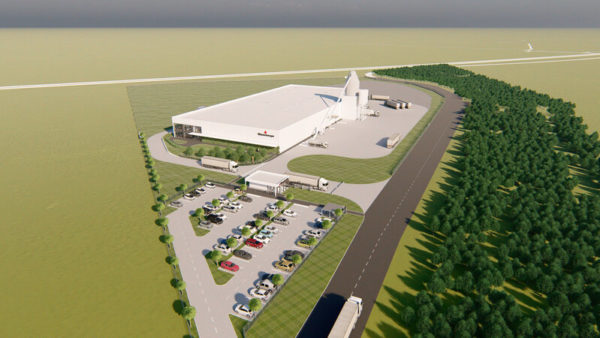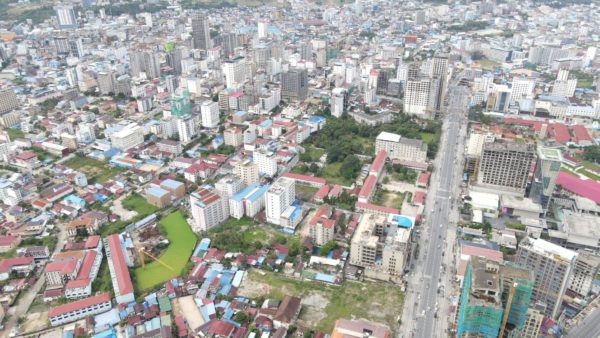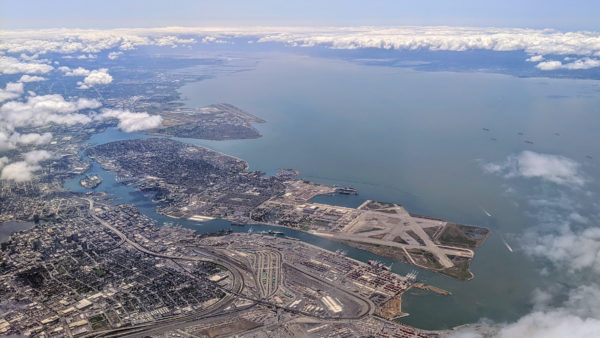South African freight company Transnet launched its "Trans-Africa Locomotive" on Wednesday, the first engine to be designed and engineered on the continent, and the first to be built to operate in African conditions.
The first production model was unveiled by President Jacob Zuma, who said it was a significant technological achievement, and "an African solution for an African problem, specifically developed with African conditions in mind".
The locomotive will initially be used on South Africa’s rail system, the largest in the continent, which uses the 1,067mm Cape Gauge rather than the 1,435 standard gauge that is becoming the international standard for new developments. Its suitability for this network can operate with either diesel or electric power, and is nimble enough to travel over the country’s tightly curved branch lines.
Other features include a cabin design with front and rear facing windows, allowing for movement in both directions without obstructing the driver’s view. This is intended to cater to customers who cannot afford two locomotives on a route. There is also scope for customisation options to make the engine flexible enough to meet particular needs.
Transnet is a state-owned company that runs South Africa’s rail network, as well as its ports and pipelines. In April 2014 it announced the awarding of a R50bn ($3.6bn) contract for the building of 1,064 diesel and electric locomotives, which the Trans-Africa is intended to fill.
Most of the locomotives will be built at Transnet’s Koedoespoort works in Pretoria, with the rest being fabricated in Durban. According to President Zuma, 60% of their components will be made locally.
Transnet has built rolling stock for many years, but until now has never owned a product, from design to assembly. Thamsanqa Jiyane, the company’s chief officer for advanced manufacturing, said: "In the past three years of our market demand strategy execution, we have progressively boosted our research capability consolidated at Transnet Engineering and this is one of the many outcomes of such efforts."
He added that the train was undergoing "intensive testing in line with our rigorous engineering and commissioning processes".
In the future the locomotives may run on neighbouring countries’ networks, much of which is unused for want of a suitable locomotive. All the countries in southern Africa have Cape Gauge track, including Angola, Botswana, the Democratic Republic of the Congo, Mozambique, Tanzania and Zimbabwe.
Image: The locomotive for Africa (Transnet)
Further Reading:










